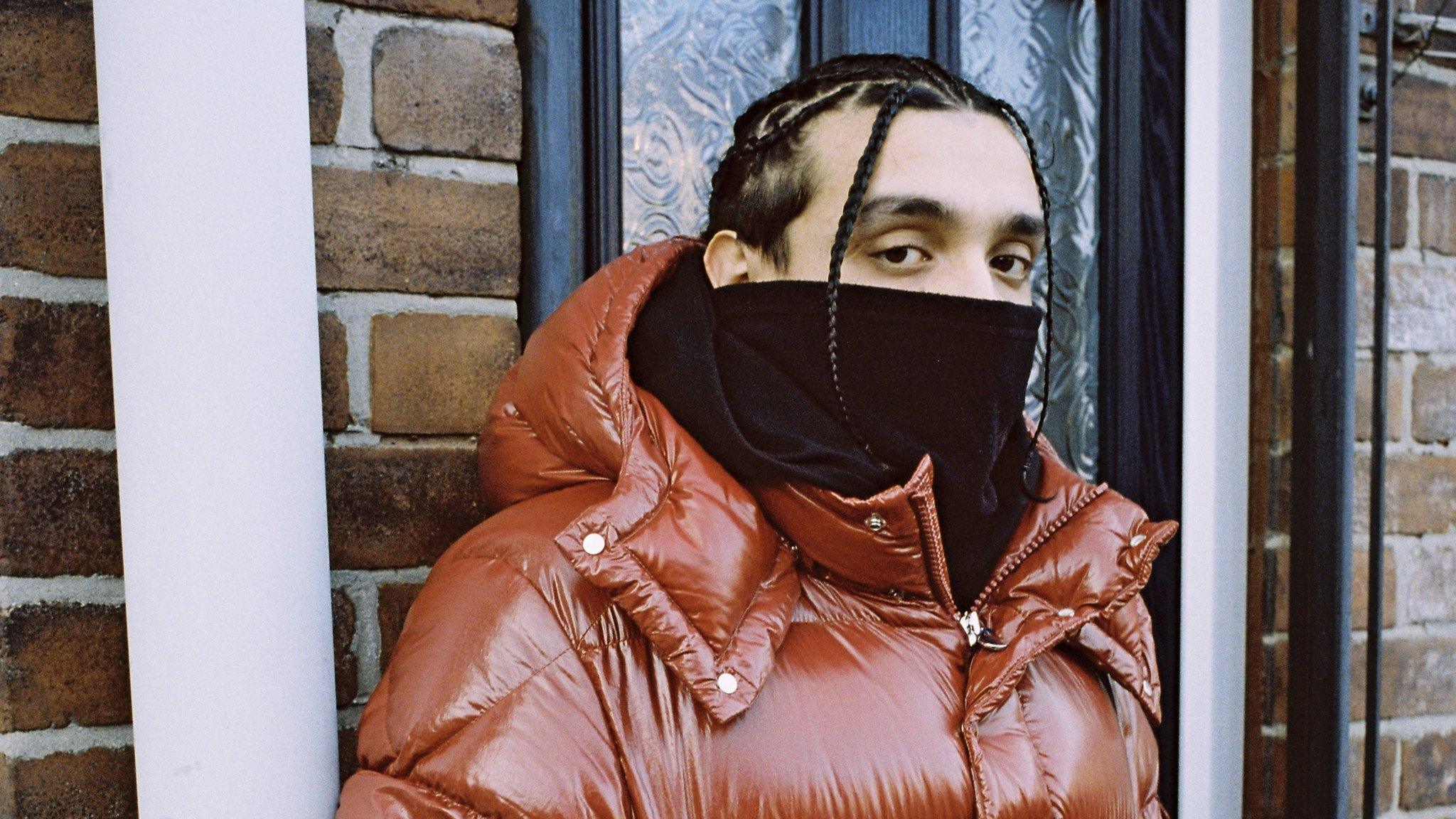Rap scene 'needs to know' about South Asian culture
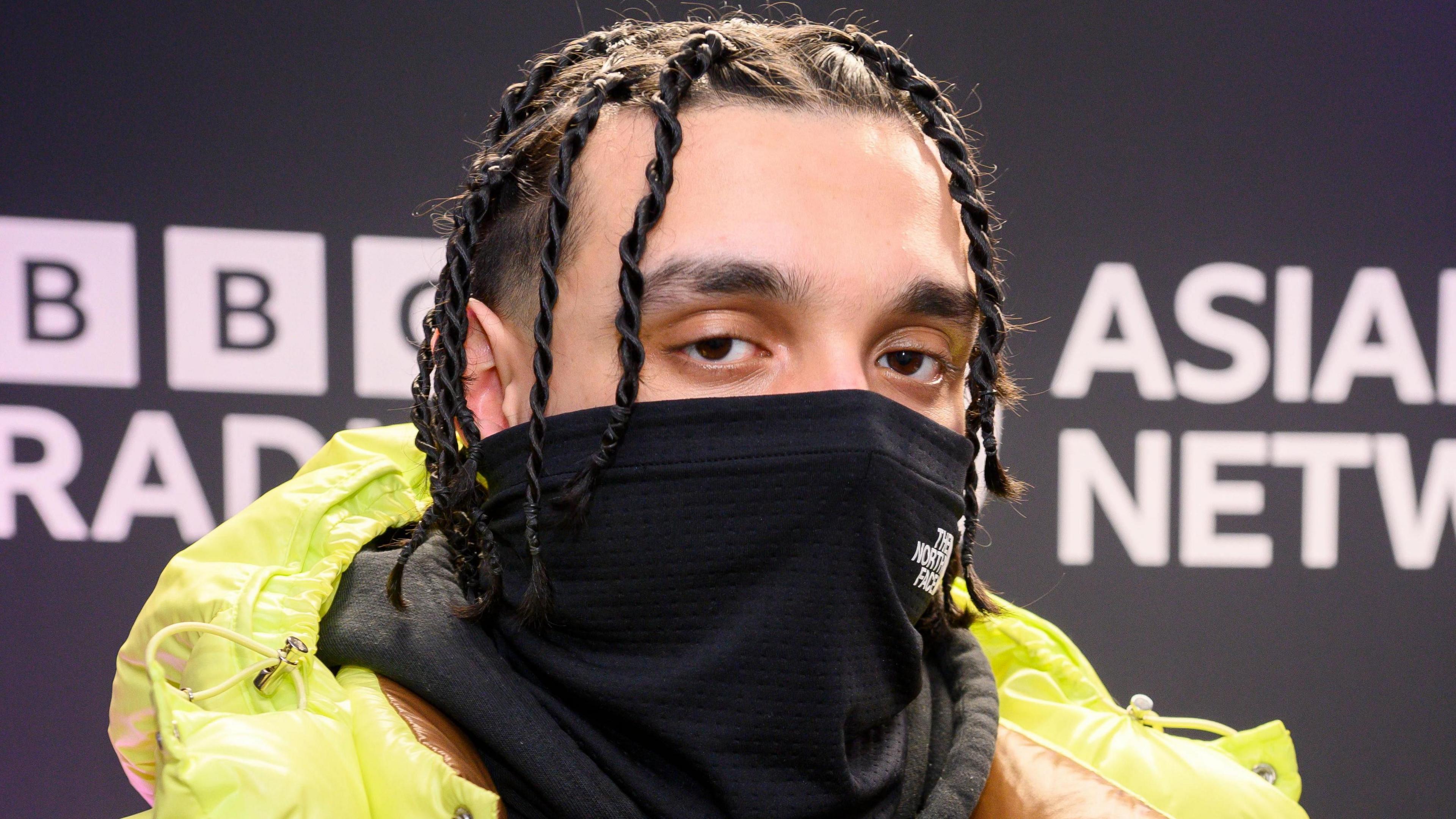
Sliime says it's "crazy" to hear his new track on the 1Xtra playlist
- Published
Being featured next to artists including Kendrick Lamar, Skepta and Tyler, the Creator is every up-and-coming rapper's dream.
And it's the reality for Sliime, whose latest track has been playlisted by 1Xtra.
He burst onto the scene in 2023 with viral hit Lehenga, which was streamed millions of times on TikTok.
His latest, Bengali, builds on his first hit with lyrics referencing his identity and heritage.
Sliime tells BBC Asian Network News that hearing himself on air next to some of the giants of hip-hop is a huge moment.
"I would've never expected to actually be acknowledged, as a South Asian, by the wider audience," he says.
"But it just shows that it's possible."
Sliime, from Sheffield, who keeps his real identity low-key and is never pictured without his signature face covering, says the runaway success of Lehenga was "really overwhelming" at first.
But performing the track at big events such as BBC Radio 1's Big Weekend and hearing from fans about it showed him that Lehenga was resonating with people.
Following that success, Sliime says he wanted to really celebrate his heritage with Bengali.
"Before that, I wasn't really catering my music to the South Asian audience.
"But then once I realised how much that song meant to South Asians, I realised what I needed to do."
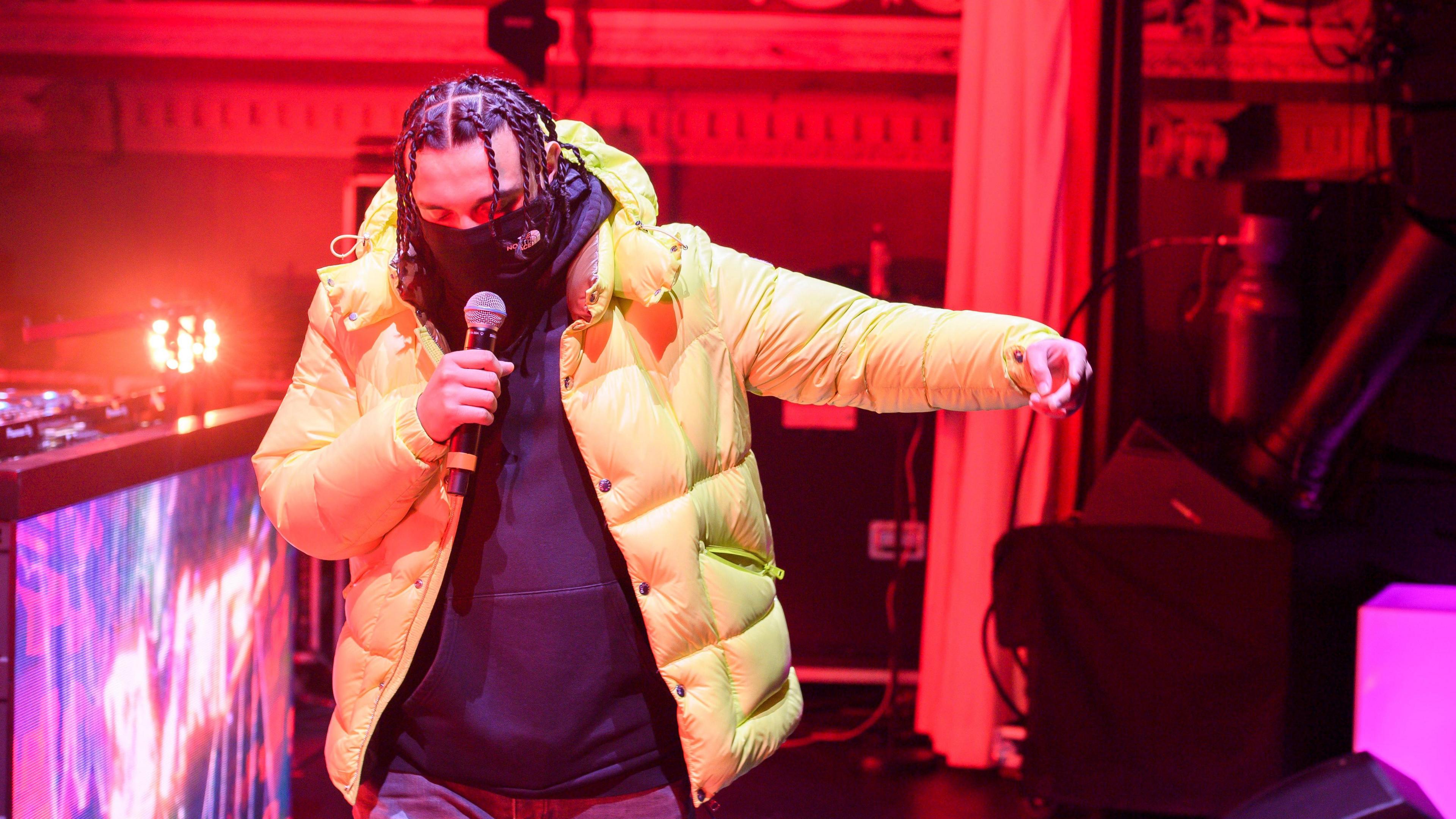
The rapper says he wants to showcase his culture while also being a role model
Sliime, whose mum moved to the UK from Bangladesh, says he "didn't really grow up around a lot of South Asians" and only started to explore his background more recently.
According to government data, external, just under 650,000 people in the UK identified as Bangladeshi at the time of the last census in 2021.
That's about 1% of the whole population and, in the same survey, about 200,000 people said Bengali was their main language other than English, external.
"We've been here for like half a century," says Sliime. "I just feel like it's not in the spotlight.
"But that's what I'm here for."
Bengali references South Asian people moving to the UK decades ago some of the stigma that still exists.
"The stereotype people say is that we take jobs," he says. "But really and truly we're making jobs.
"We're looked at as the complete opposite. I just really felt like people need to know that."
'We had to fit in'
Sliime hopes being on the 1Xtra playlist will introduce a new audience to Bengali culture, and that he'll inspire up and coming rappers to follow in his footsteps.
"I'm stuck in between showing the rest of the world what we're about but also representing people that are growing up just like me, making sure they're not feeling left out."
"Because it's common with South Asians - we all grew up feeling like we had to fit in.
"I'm trying to make sure our kids, our grandkids, don't have to do that.
"When they see people that look like them, grew up the same, it just means so much to people."
Additional reporting by Riyah Collins

Related topics
Read more
- Published27 October 2024
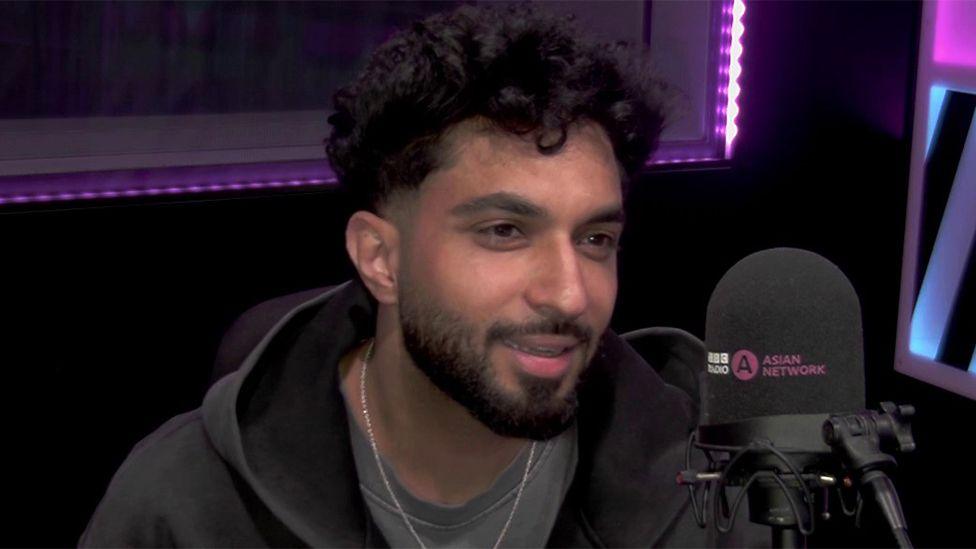
- Published18 April 2024
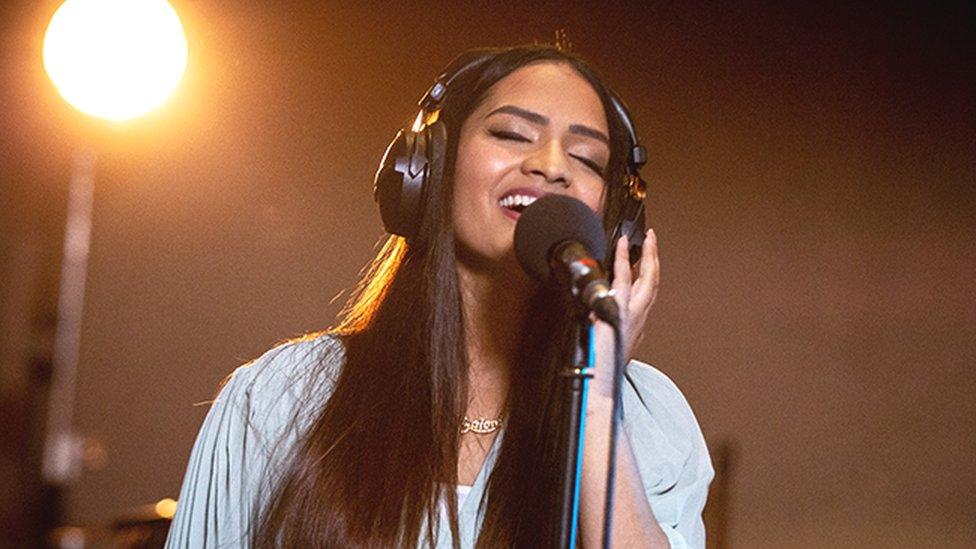
- Published26 May 2023
